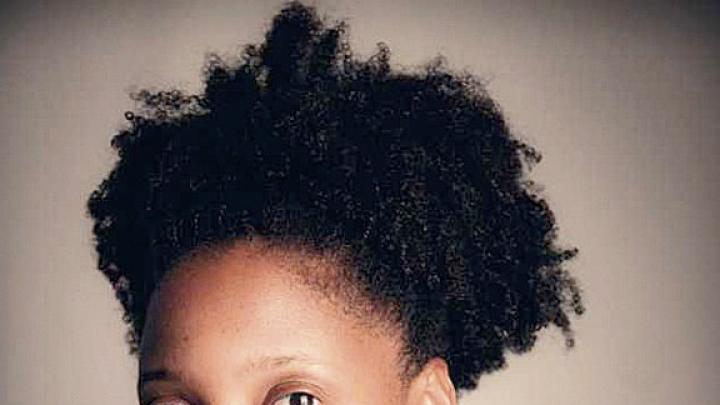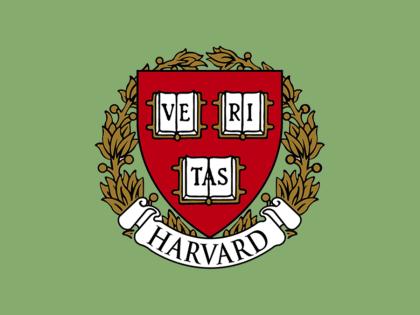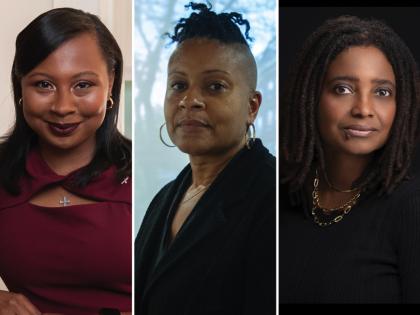Tracy K. Smith ’94—winner of the 2012 Pulitzer Prize for Life on Mars, her third poetry collection, and professor of creative writing at Princeton—has now crafted a book of prose, Ordinary Light: A Memoir (Knopf, $25.95). It travels from the comfort of the California suburbs back to the cotton culture of Alabama, and through her mother’s terminal illness. It begins with this exquisitely detailed narration of an ending, perhaps echoing readers’ experience of A Death in the Family, by James Agee ’32. From the prologue:
She left us at night. It had felt like night for a long time, the days at once short and ceaselessly long. November-dark. She’d been lifting her hand to signal for relief, a code we’d concocted once it became too much effort for her to speak and too difficult for us to understand her when she did. When it became clear that it was taking everything out of her just to lift the arm, we told her to blink, a movement that, when you’re watching for it, becomes impossibly hard to discern. “Was that a blink?” we’d ask when her eyelids just seemed to ripple or twitch. “Are you blinking, Mom? Was that a blink?” until finally, she’d heave the lids up and let them thud back down to say, Yes, the pain weighs that much, and I am lying here, pinned beneath it. Do something.
Did we recognize the day when it arrived? A day with so much pain, a day when her patience had dissolved and she wanted nothing but to be outside of it. Pain. The word itself doesn’t hurt enough, doesn’t know how to tell us what it stands for. We gave her morphine. Each time she asked for it, we asked her if she was sure, and she found a way to tell us that she was, and so we were sure—weren’t we?—that this was the end, this was when and how she would go.…
There was a moment when I found myself alone with her in the room. Had I crept back down to steal a last look, or had we all agreed to give one another that much? It’s been twenty years now. I’ve forgotten so much that I once forbade myself to forget, but I do remember this: snipping five or seven strands of her hair with a pair of nail scissors from her bureau. Just a few short hairs from the nape of her neck. Suddenly, those few strands, things I’d have once thought nothing of brushing off her shoulders or discarding from among the tines of a hairbrush, were consecrated, a host. For a moment, I contemplated eating them, but then they’d be gone and I’d have been left with nothing, so I placed them in a small plastic bag, the kind of bag in which spare threads or extra buttons are provided when you purchase a sweater or coat, and tucked that into the flap of my address book.







